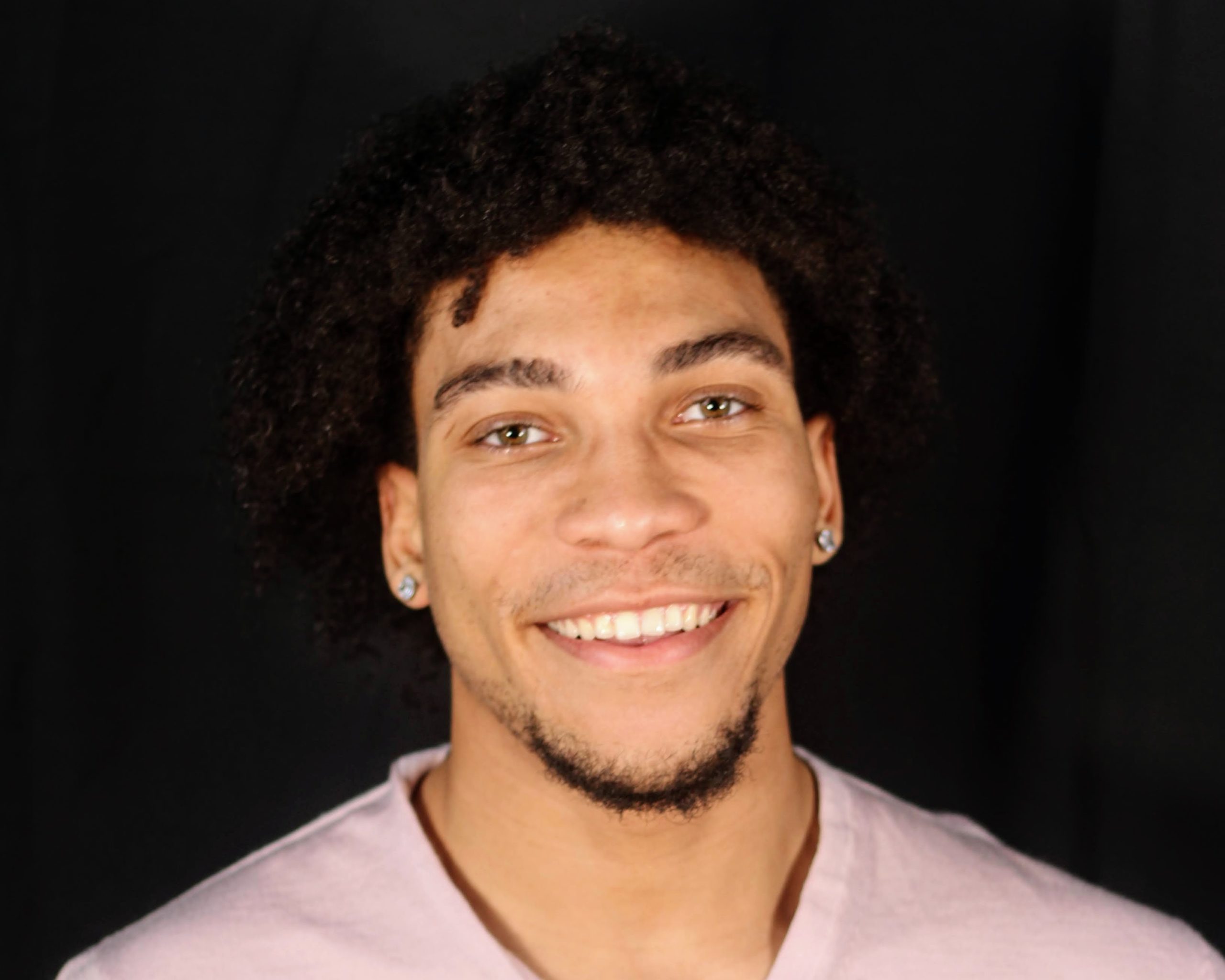Zaire McMican didn’t know there was a name for what he’d seen and experienced growing up in Newark, New Jersey until reading The Autobiography of Malcom X in eighth grade. McMican’s teacher, Miss Wallace, introduced him to topics such as internalized oppression and systemic racism, and a lightbulb clicked in McMican’s head.
“I just would see things and wonder why certain things were a certain way,” he says. “For instance, seeing the suburbs on TV, I always wondered, ‘Why isn’t it like that here?’ Getting that explained to me and shown to me — why certain people have to live a certain way and how all the systems and the past have led to now — it opened my eyes. That’s where I first started to become interested in racial equality.”
A leadership opportunity for minoritized and poverty-affected students
Six years later as a sophomore at the University of North Carolina-Greensboro, it was that interest in equity that prompted McMican to apply for the Every Learner Everywhere Student Fellowship, becoming one of 10 students selected to be a Spring 2022 Fellow.
During the six months of the program, Fellows work with one of the Every Learner network partners on projects that align with the students’ academic and professional interests. The program’s goals are to:
- Give minoritized, poverty-affected, and first-generation students the chance to network with professionals in each student’s area of study;
- Capture feedback from students on their experiences with digital learning; and
- Encourage the students to help design future iterations of the program.
At the conclusion of the program, the Fellows will have the opportunity to formally present what they’ve learned to the network.
Working for more inclusive language
McMican majors in business administration with a minor in psychology, and his project is to review all of Every Learner’s reports and website content and suggest ways to make the writing more inclusive. He is also working with another Fellow to find students who had positive, inclusive educational experiences to ask them to write about them.
A recent example McMican gives is a professor who made it a point to know the name of every student and to greet them as they arrived, both during in-person and virtual meetings. While not always possible in large gateway classes, McMican says such connections are meaningful, especially for minoritized students who may feel invisible in predominantly white institutions.
McMican has seen that lack of inclusion in his own college experience. During a history class at the community college he attended previously, one of his professors said that he didn’t like people who came from different parts of the U.S. to the South and then “try to tell us how to change things.”
“I don’t think this was directed at me,” McMican says. “But I was thinking ‘You could be excluding students with statements like that.’ And those students may not engage as much because he said that.”
McMican has also had a professor who didn’t return emails, he says. That’s an inconvenience for many students, but for minoritized and first-generation students, it increases the possibility that they will not succeed, particularly in online or hybrid courses.
“It can be extremely frustrating for students who are saying, ‘Hey, I’m having technical difficulties,’ and they’re not getting that help,” McMican says. “Then they don’t really know what to do.”
Helping others by making meaningful connections
McMican describes himself as an eternal optimist who tries to make everyone he encounters smile. To lift them up. To make others want to do better by being better himself. After college, he plans to work in human resources, helping connect people with meaningful work they can find joy in doing. He hopes his work with Every Learner will help minoritized college students coming after him have a more equitable education.
Recently, McMican sat in on a virtual panel presentation about equity in higher education, and he realized just how much work there was left to do. But instead of leaving him feeling overwhelmed or defeated, the experience did just the opposite.
“It really put it all in perspective,” says McMican. “People have been working on this for years, and they’re just now seeing progress on projects or events that they started maybe 5-10 years ago. To some that could be discouraging. But for me it shows that, no matter how long it takes, as long as you put the effort in, change will eventually come.”
Sign up for our newsletter to learn about future Fellowship opportunities


